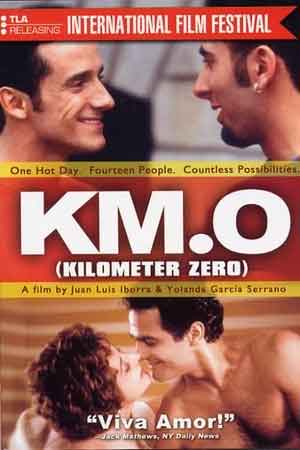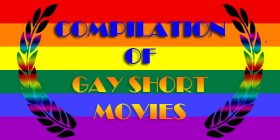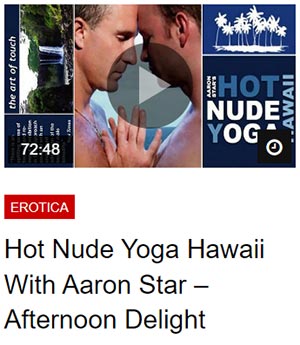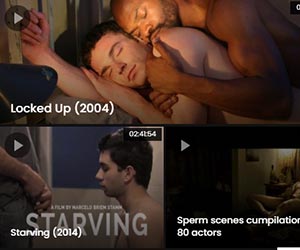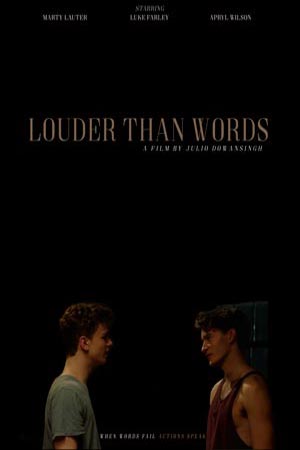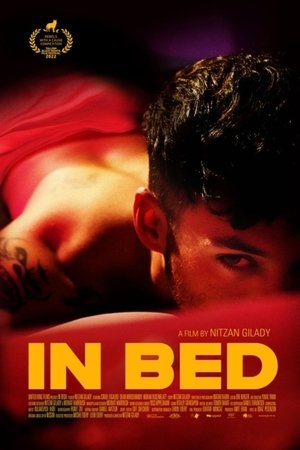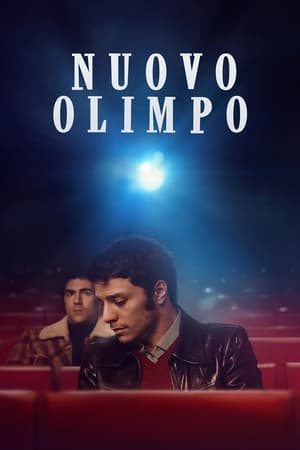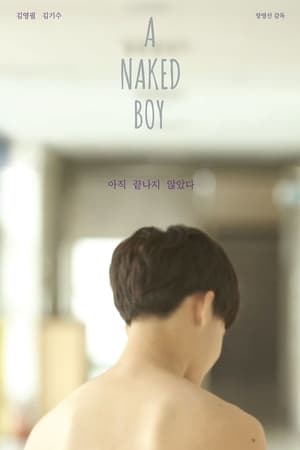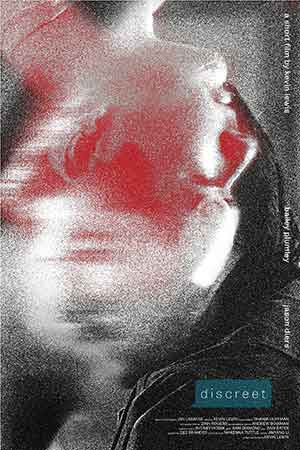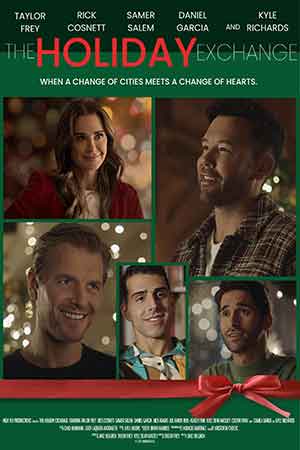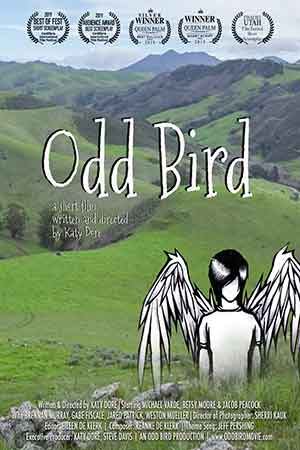“Louder Than Words” (2017) is one of those tender short films that quietly slip under your skin. Nothing dramatic happens, nobody screams, yet by the end you feel like you’ve watched a whole relationship take shape in the silent space between music and gesture.
A quiet boy, a dancer, and one very clumsy beginning
Ansel is the newcomer at a music and dance school – the kind of guy who hides behind his guitar and leaks insecurity from every corner. He’s talented, but emotionally he moves like someone who’s afraid of his own shadow. Then there’s Niall, a deaf dancer who somehow radiates more confidence than anyone else in the room. From their first awkward encounter, you can sense curiosity, attraction, and that teenage panic that appears exactly when you don’t want it to.
Their first interactions are beautifully messy. Ansel keeps repeating “Can I get back to you on that?” every time he’s invited somewhere, like he’s buffering in real life. Niall, meanwhile, is calm, direct, warm – and just amused enough to keep Ansel completely unbalanced. Kenya, Niall’s best friend, moves between them like a gentle catalyst: teasing, translating, nudging.
Dancing in silence, playing into connection
The film’s strongest idea is simple: what happens when someone who lives in sound meets someone who lives without it. But instead of pity or melodrama, the film gives us Niall dancing with such clarity and precision that you forget he can’t hear the music. He feels rhythm through the floor, through timing, through instinct. When Ansel finally sees that – truly sees it – something shifts in him.
There’s a quiet moment where Ansel plays guitar and Niall dances nearby. No speeches, no explanations, just melody and movement sharing the same space. That’s when their worlds stop being parallel and begin crossing.
Learning to speak — with hands, eyes, and mistakes
Of course, nothing moves in a straight line. Communication takes work. Ansel talks too fast, looks away, mumbles, and then wonders why Niall can’t read his lips. Niall gets frustrated, withdraws, and suddenly a small misunderstanding becomes a real wall between them. It’s painfully honest — the kind of small emotional crash anyone who has ever liked someone recognizes immediately.
One of the sweetest details is when Ansel spells Niall’s name in sign language — slow, clumsy, but heartfelt. It’s such a tiny gesture, yet it says everything: “I don’t just like you. I want to understand you.” For queer kids, for kids who feel different, for anyone who has ever needed someone to meet them halfway — that moment hits hard.
A short film that whispers its truth
“Louder Than Words” never turns into melodrama. There’s no tragic twist, no villain, no heavy message about acceptance. Instead, it shows two boys circling each other, hesitating, apologizing, laughing, messing up — and slowly discovering that something real is forming between them.
In just a bit over fifteen minutes, the film gives us shy glances, nervous laughter, tiny moments of jealousy, and that hilarious scene where Ansel tries to copy Niall’s dance moves and nearly snaps himself in half. You laugh, you wince, and you root for them to stop overthinking and finally lean into the warmth that’s clearly there.
If you like queer stories that are tender rather than tragic — the kind that grow from small acts of patience, attention, and listening – then “Louder Than Words” is absolutely worth watching. It proves its title perfectly: sometimes feelings really do speak louder than words.
Actor-singer-songwriter Luke Farley, who plays the guitarist Ansel, also wrote and performed the film’s title song. He later produced and released a full-length version as both a single and a music video, which can be found on YouTube — including as an attached clip after the end credits of the film.




